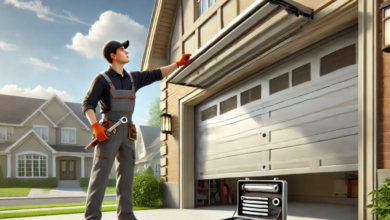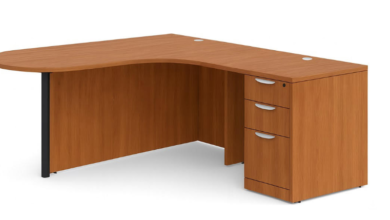The Importance of Regular HVAC Filter Replacement

When it comes to HVAC maintenance, few tasks are as simple yet impactful as regular filter replacement. The air filter may look like a small component, but it plays a vital role in the performance, efficiency, and lifespan of your entire heating, ventilation, and air conditioning system.
For businesses and commercial properties, overlooking filter changes can lead to costly consequences—from higher utility bills to poor indoor air quality and even premature system failure. That’s why incorporating routine filter replacement into a commercial HVAC preventative maintenance service plan is essential.
Regular HVAC filter replacement is crucial for maintaining optimal air quality and system efficiency. Neglecting this simple task can lead to increased energy consumption and potential system failures. In some cases, homeowners may notice their systems struggling to maintain desired temperatures, which could indicate a need for professional intervention. For residents experiencing such issues, seeking air conditioning repair sunrise can ensure that their systems are running smoothly and efficiently. By addressing these problems promptly, homeowners can prevent more costly repairs down the line and extend the lifespan of their HVAC systems. Regular maintenance, including timely filter changes and professional inspections, is key to a comfortable and healthy home environment.
Why HVAC Filters Matter
HVAC filters are designed to trap dust, dirt, pollen, mold spores, and other airborne particles. By doing so, they protect both the air quality inside your building and the HVAC equipment itself. Without effective filters, contaminants would accumulate in ductwork, coils, and fans, reducing system efficiency and exposing occupants to allergens and pollutants.
5 Key Benefits of Regular HVAC Filter Replacement
1. Improved Indoor Air Quality
Clean filters remove harmful particles that affect employee health, customer comfort, and overall air quality. For businesses, this can translate into fewer sick days, happier clients, and a healthier indoor environment.
2. Enhanced Energy Efficiency
When filters become clogged, your HVAC system has to work harder to pull air through. This increases energy usage, driving up utility bills. Replacing filters regularly keeps airflow smooth and reduces strain on the system.
3. Extended System Lifespan
Dirty filters force the blower motor and other components to run under stress, leading to premature wear and tear. Routine replacement helps avoid breakdowns and extends the life of your HVAC investment.
4. Reduced Maintenance Costs
By preventing dust and debris from infiltrating the system, clean filters minimize the need for frequent repairs and major part replacements. This lowers overall maintenance costs for commercial property owners.
5. Compliance and Comfort
For industries like healthcare, retail, and hospitality, maintaining high indoor air quality isn’t just about comfort—it’s about compliance with health and safety standards. Regular filter replacement ensures your system meets performance expectations.
How Often Should Filters Be Replaced?
- Residential systems: typically every 1–3 months.
- Commercial systems: frequency depends on usage, occupancy, and environment. High-traffic areas or facilities with heavy dust/pollution may require monthly changes.
As part of a commercial HVAC preventative maintenance service, trained technicians will assess your building’s needs and set a filter replacement schedule tailored to your operations.
The Role of Preventative Maintenance
Filter replacement is only one aspect of comprehensive HVAC care. A commercial HVAC preventative maintenance service also includes:
- Coil cleaning for improved heat transfer
- Refrigerant level checks
- Lubrication of moving parts
- Duct inspections and airflow testing
- Electrical connection verification
Together, these tasks ensure your system operates at peak performance, lowering costs while providing comfort and reliability year-round.
Final Thoughts
Regular HVAC filter replacement may seem minor, but it’s one of the most effective ways to protect your system, save money, and improve indoor air quality. When combined with a professional commercial HVAC preventative maintenance service, it becomes a powerful tool to extend the life of your Commercial HVAC system and safeguard your business environment.
If your business hasn’t scheduled its next maintenance check, now is the perfect time to take action. Keep your air clean, your system efficient, and your investment protected.




